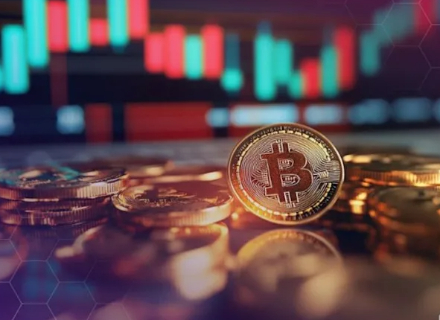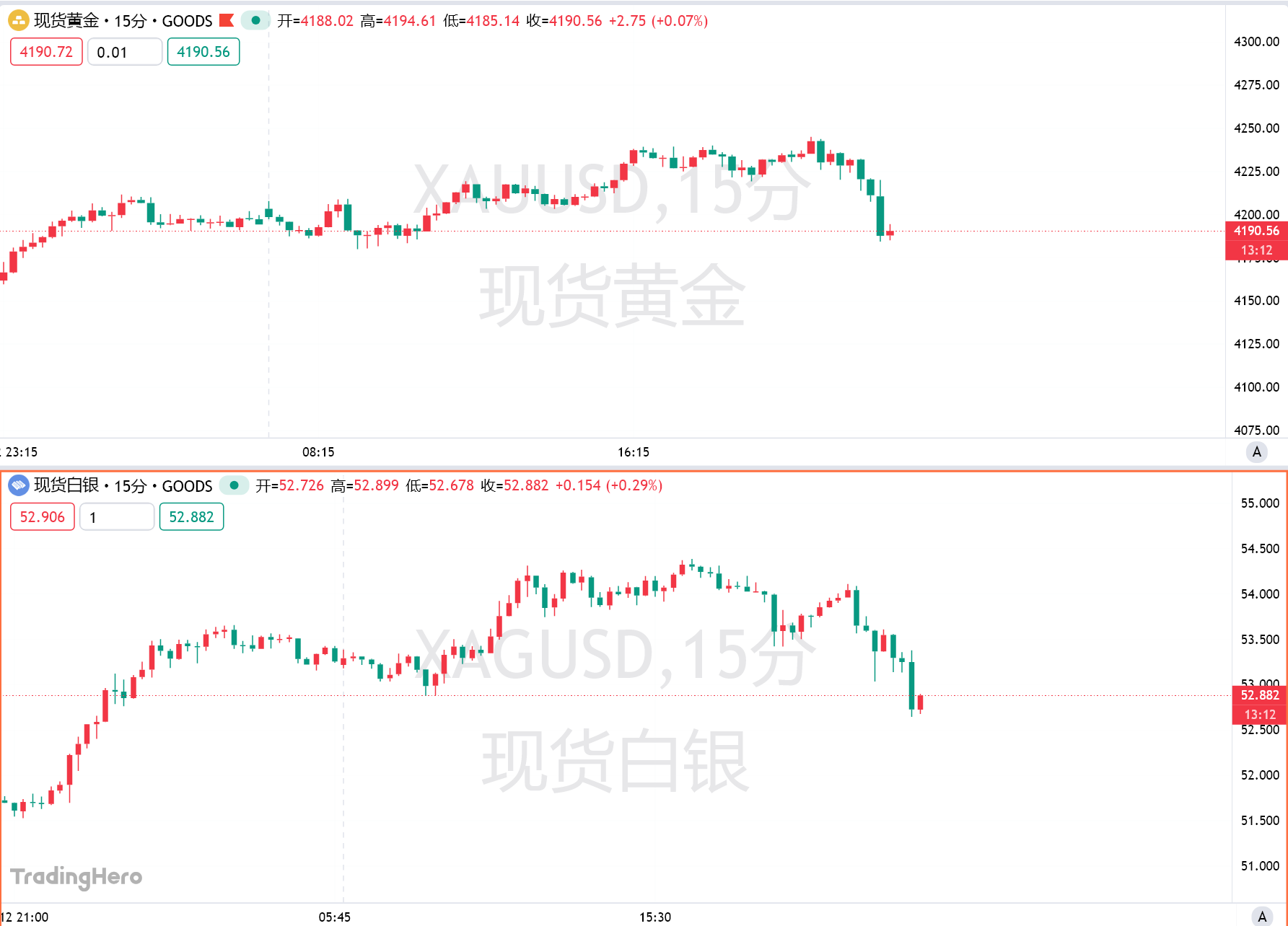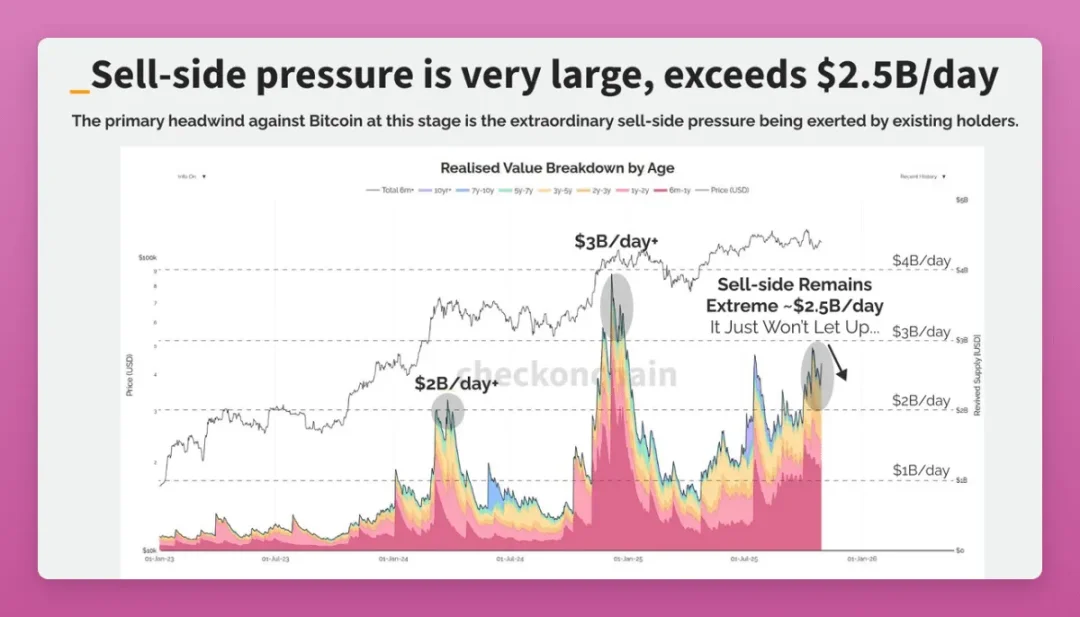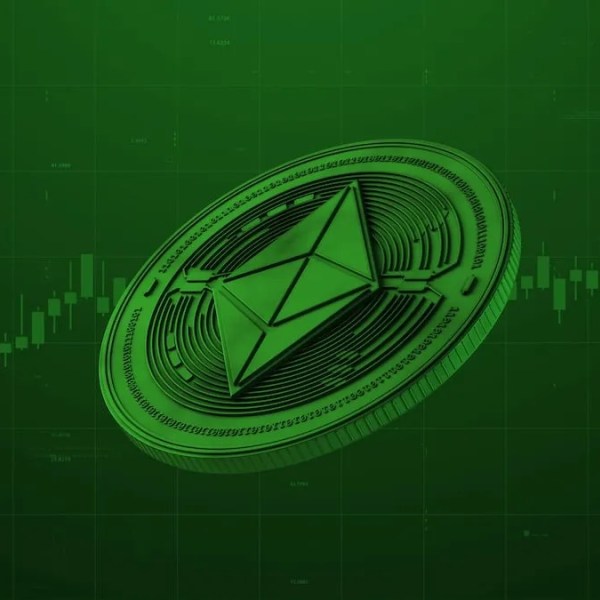Bitcoin, the world’s largest cryptocurrency, dropped below $98,000, marking a sharp 3.5% decline in the past 24 hours. One of the most concerning things is that the Crypto Fear & Greed Index plunged to 15 , its lowest in roughly seven months, signaling “extreme fear” among traders.
Many traders now worry that this could be the start of a deeper correction if confidence doesn’t return soon.
The recent decline comes as the U.S. government’s 43-day shutdown disrupted traditional cash flows and delayed payments, creating a ripple effect that drained liquidity from both stocks and crypto.
According to on-chain data, Bitcoin reserves on exchanges are rising again after weeks of decline, suggesting more holders are preparing to sell.
At the same time, investor sentiment has taken a sharp hit. The Crypto Fear and Greed Index has dropped to 15, its lowest level in seven months, signaling “extreme fear” across the market.
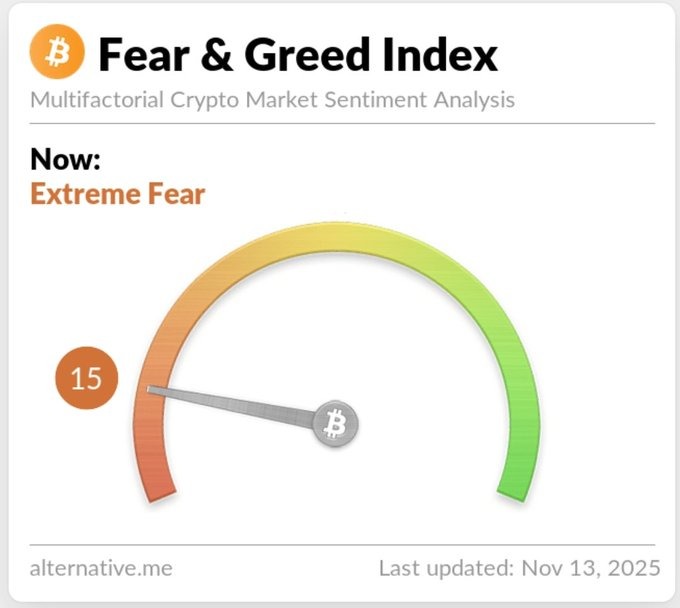
For comparison, during the FTX collapse, the index hovered around 20, meaning current fear levels are even deeper.
Institutional demand for Bitcoin has cooled sharply, with ETFs recording $278 million in outflows on November 12, adding to more than $1 billion in withdrawals so far this month. These consistent outflows indicate that large investors remain uncertain about the market’s direction.
Much of this caution stems from the Federal Reserve’s firm stance on interest rates, as it shows no plans to cut rates in December, dampening hopes for a quick recovery.
Although operations have now resumed following President Trump’s approval of a temporary funding bill, fear remains dominant.
With Fear & Greed at extreme levels, some investors believe we may be entering a buying opportunity, citing historical rebounds when sentiment bottoms out. Others caution that if Bitcoin fails to hold the $98K support level, it could retest $92,000–$95,000.
Bitcoin’s dip didn’t occur in isolation, the Nasdaq Composite is down about 2%, and the S&P 500 has dropped 1.3%, as markets adjust to a Fed that currently shows little interest in cutting interest rates in December.
